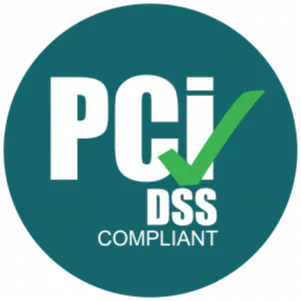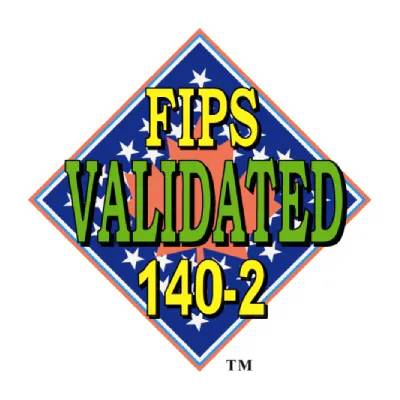Bring Your Own Key Encryption (BYOK)
When cloud computing first entered the scene, businesses everywhere were delighted with the newfound potential for workflow efficiency and agility. However, many of the cautious ones knew that it would also introduce data security vulnerabilities when you handed over some data and control to a third-party cloud service provider (CSP).
In response, the market has introduced cybersecurity services and trends like Bring Your Own Key (BYOK) encryption. Is BYOK secure? And does it work in the complex network of cloud business tools?
What Is Bring Your Own Key (BYOK) Encryption?
It’s a business model used by CSPs that allows clients to use their own encryption software and keys when working with applications in the cloud. Client companies feel safer when they have control over their own digital security.
So how does BYOK work? Whenever your organization wants to send sensitive data to a cloud provider, the encryption software processes and encrypts that information before sending it to the CSP, which then decrypts that ciphertext upon retrieval.
In this setup, the client company has control over its own master key or any internal hardware security modules (HSM) it uses. It can strengthen its own secrets management practices by using these tamper-resistant HSMs and secure exportation of its own keys to the cloud.
If the business decides it no longer needs the cloud service, the keys can be removed in a process known as crypto-shredding.

Why Credentials Management Matters
To do their jobs, employees, applications, and servers need access to sensitive data, services, and other resources. How can you ensure that the access you give them is secure and not stolen by a malicious third-party? And how can you do so in a way that does not become intrusive and damages your productivity?
Some of the challenges of achieving proper management of user credentials include:
- The possibility of an attacker taking control of the management system itself, allowing it to grant itself access and compromise your business undetected.
- The potentially expensive and time-consuming task of installing credential management.
- Inefficiency of granting permissions, resulting in slower productivity as users cannot promptly receive the access they need to work.
- The need to adhere to privacy and security regulations. Companies that can demonstrate their ability to properly validate privileged users are at an advantage when it comes time to audit security.
Enterprises need a system of user credentials for access control, an authority that can grant and revoke access to critical operations.
The Role of the HSM
Software-based approaches to secrets management are naturally less secure than a hardware-based one. Cryptographic activities that enterprises go through everyday like token signing and encryption key management are vulnerable to digital attacks.
Hardware security modules, or HSMs, are physical devices that handle cryptographic functions. They typically come in the form of a separate device or add-on card that plugs into a business laptop.
HSMs enable:
- Secure token signing within the cryptographic boundaries of the organization.
- Robust access control to ensure keys are only used by authorized users.
- High performance to support high enterprise demands.
HSMs are a proven way to secure cryptographic content, allow security auditing, and deliver FIPS-approved protection at the hardware level.
Benefits of a Cloud-Based BYOK Solution
We have talked about the benefits of BYOK, but what about BYOK in the cloud? It may seem counterintuitive to entrust Bring Your Own Key encryption, which lets you take control of your own security to some extent, and give it to another cloud provider.
It turns out that cloud-based BYOK solves this issue by separating the encrypted data and the encryption key. While the data goes to the cloud provider, your business hangs on to its own encryption key, ensuring that the cryptographic “seal” remains closed for third-parties.
Like any cloud deployment, this online BYOK solution has multiple benefits:
- It gives you full transparency and access to your encryption keys so that even your online vendor cannot access your data.
- Your business can audit and encrypt its own data
- The cloud-based nature reduces setup time and offloads maintenance costs to the vendor.
- Achieving compliance with security regulations is much cheaper and easier.
- It reduces the need for on-premise security infrastructure.
Most enterprises have found that Bring Your Own Key encryption is the ideal solution to their access control woes, so start catching up today.










